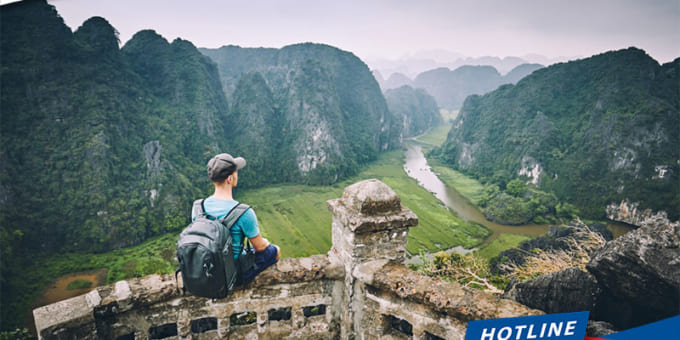
Vietnam is one of the safest countries all over the world. A visit to Vietnam will give you more experiences about beautiful landscape, hospitable locals and delicious food. However, every country has their own rules, let’s see what US citizens need to know about rules and laws before traveling to Vietnam.
General information
PASSPORT VALIDITY: Must have six months’ validity remaining, one blank page left for entry stamp
TOURIST VISA REQUIRED: Yes because US is not in Vietnam visa exemption list.
VACCINATIONS: Not required
CURRENCY RESTRICTIONS FOR ENTRY: None. However, Vietnamese Dong in excess of VND 150,000,000 or foreign currency in excess of 5,000 US dollars or equivalent must be declared.
List of US Embassy and US Consulates in Vietnam
U.S. Embassy Hanoi – Consular Annex
Address: 170 Ngoc Khanh, Ba Dinh District, Hanoi, Vietnam
Telephone:
- From outside Vietnam: +84-24-3850-5000
- From the U.S.: 011-84-24-3850-5000
- From landline within Hanoi: 3850-5000
- From mobile or landline within Vietnam: 024-3850-5000
Emergency:
- From outside Vietnam: +84-24-3850-5000 or +84-24-3850-5105
- From the U.S.: 011-84-24-3850-5000
- From landline within Hanoi: 3850-5000 or 3850-5105
- From mobile or landline within Vietnam: 024-3850-5000 or 024-3850-5105
Fax: (+84-24) 3850-5010
Email: [email protected]
U.S. Consulate General Ho Chi Minh City
Address: 4 Le Duan, District 1, Ho Chi Minh City, Vietnam
Telephone:
- From outside Vietnam: +84-28-3520-4200
- From the U.S.: 011-84-28-3520-4200
- From landline within Ho Chi Minh City: 3520-4200
- From mobile or landline within Vietnam: 028-3520-4200
Emergency:
- From outside Vietnam: +84-28-3520-4200
- From the U.S.: 011-84-28-3520-4200
- From landline within Ho Chi Minh City: 3520-4200
- From mobile or landline within Vietnam: 028-3520-4200
Fax: (+84-8) 3520-4244
EMERGENCY TELEPHONE NUMBERS WITHIN VIETNAM
- Police: 113
- Fire brigade: 114
- Ambulance: 115
Vietnam visa requirements, Exit, Entry
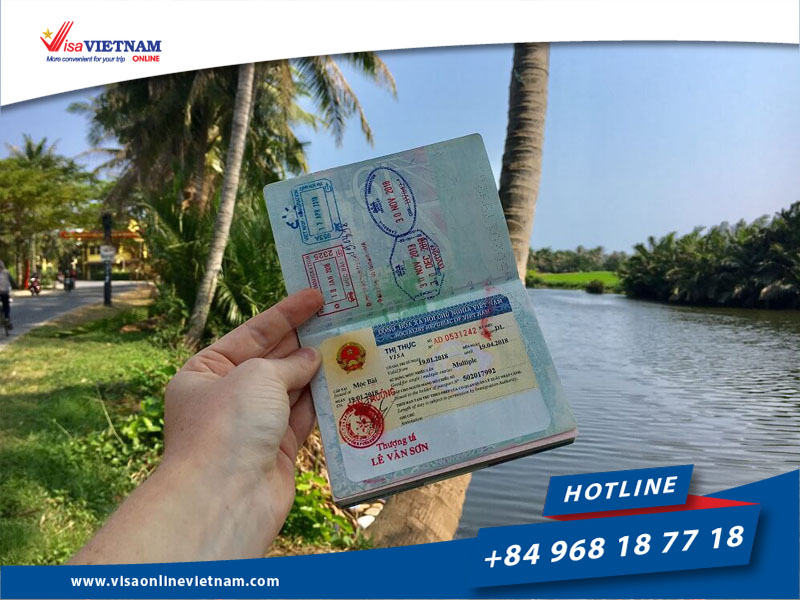
Entry Requirements: To enter Vietnam, you must have a valid passport (6 months beyond your planned stay, at least one blank visa page) and a visa (or pre-approval for a visa on arrival. For the most current information, please visit the Vietnam Embassy website. Your entry will be denied if you arrive in Vietnam without an appropriate visa (which could be an e-visa) or pre-approval for a visa on arrival.
Visas: When you apply for a visa to enter Vietnam, be sure to request the visa category that corresponds to your purpose of travel. For information detailing visa categories, please refer to Vietnam’s Ministry of Foreign Affairs website. In case you plan to work in Vietnam, you must obtain a work permit before applying for your visa. If after receiving visa but you want to change the purpose of your visit, you must obtain a new visa outside of Vietnam appropriate for your new activities before beginning those activities. Please consult the Vietnam Embassy website for more information.
If you plan to travel from Vietnam to Laos by land, you should request that an adhesive visa be affixed to your passport instead of a detachable one. Lao immigration officials require proof that travelers have departed Vietnam, something that can only be shown with an adhesive visa. Vietnamese officials remove detachable visas from passports when travelers depart Vietnam, leaving travelers with no proof of their Vietnam departure. This situation can result in Lao officials requiring travelers to return to Vietnam.
If your US passport is lost or stolen in Vietnam, you will need both a replacement passport and a replacement Vietnam visa in order to legally remain in and depart Vietnam. Please contact The US Embassy in Hanoi and the Consulate General in Ho Chi Minh City immediately after being stolen so that they can usually issue you a limited validity replacement passport in as little as one business day for emergency purposes; however, the U.S. Embassy and the Consulate General cannot expedite the replacement of your Vietnam visa as the Vietnamese government requires three to five working days to issue a replacement visa.
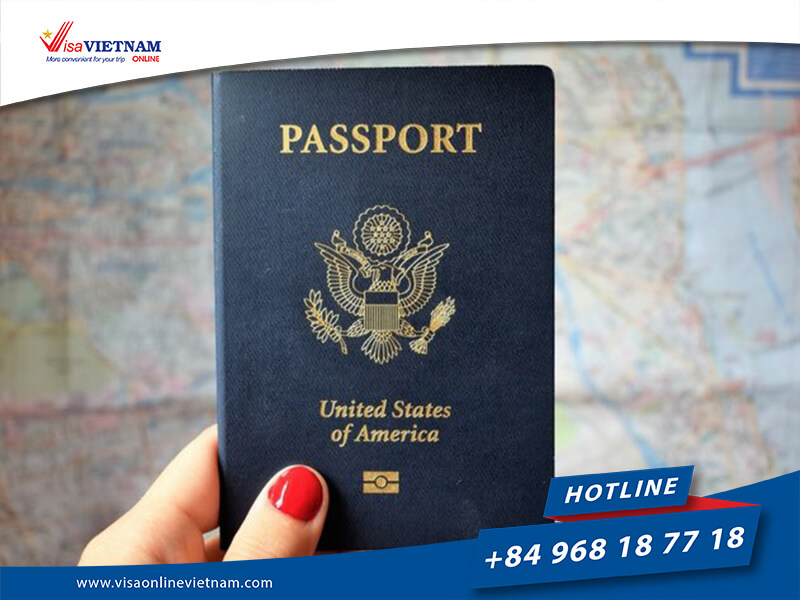
Pre-approval for Visa on Arrival: In case you don’t want to apply visa directly at embassy or don’t have enough time, the Vietnamese Government has authorized some businesses and travel agencies to arrange for pre-approval for a “visa on arrival” at the airport, it means you can apply Vietnam visa online no matter where you are and when you obtain. This type of visa can be applied on holidays, Saturday or Sunday and in many emergency cases. However, you can only apply Vietnam visa on Arrival if you travel to Vietnam by air.
Vietnam e-visa: on the Vietnam Immigration website, U.S. citizens can apply online for a single entry E-visa which is valid for a maximum of 30 days for the purpose of tourism. An E-visa is usually processed within three working days after the Vietnam Immigration Department receives the completed application and E-visa fee. At the port of entry, E-visa holders must present the printed E-visa and valid passport. Prior to making travel arrangements with an E-visa it is advisable to review the List of Ports of Entry that allow for foreigners to enter and exit Vietnam by E-visa. When applying for an E-visa, carefully review and follow the E-visa application steps.
Certificate of Visa Exemption: You can find further information about this certificate on the Vietnam Ministry of Foreign Affairs website. It can be explained that, Vietnamese nationals residing abroad indefinitely, their spouses, and their children may apply for a Certificate of Visa Exemption. The certificate has a maximum validity of five years, during which time the holder can enter Vietnam and stay for up to six months without applying for a visa.
The US Department of State is unaware of any HIV/AIDS entry restrictions for visitors to or foreign residents of Vietnam.
Applying Vietnam visa on Arrival, you can get your Vietnam visa in California, Texas, Florida, New York, Pennsylvania, Illinois, Ohio, Georgia, Michigan, Washington, Arizona, Alabama or any states in US. Let’s apply visa at visaonlinevietnam.com!
Safety and Security in Vietnam
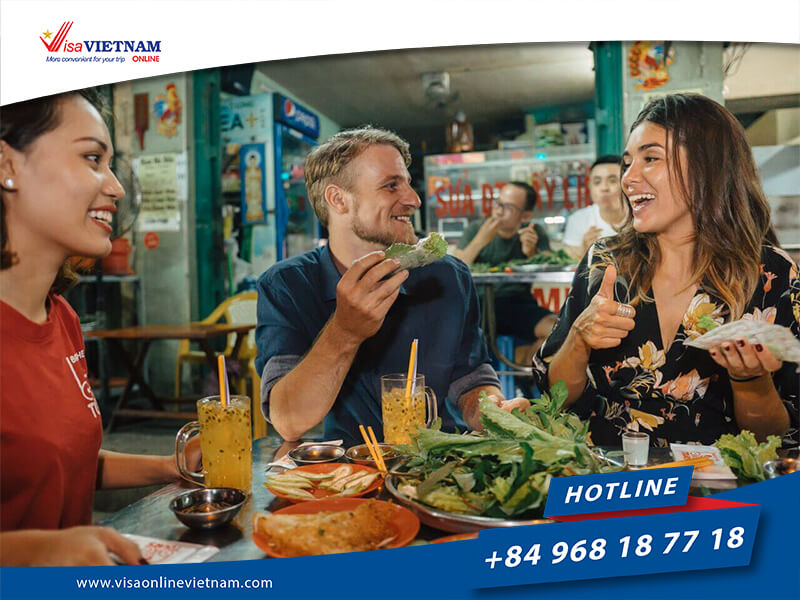
The Department of State recommends that U.S. citizens overseas always maintain a high level of vigilance and take appropriate steps to increase their security awareness while traveling internationally. Messages regarding weather-related events are posted here and on the Embassy/Consulate website.
There are thousands of U.S. citizens stay in Vietnam now, that means this country is safe and easy to work. Small-scale, peaceful protests occasionally occur in Vietnam’s major cities, but large-scale demonstrations are rare. You should avoid large gatherings, as they can become violent with little or no warning.
The Vietnamese Government may not allow or authorize travel to certain areas of the country that are deemed sensitive. U.S. citizens have been detained after traveling in areas close to the Vietnamese borders with China, Cambodia, and Laos. These areas are not always marked, and there are no warnings about prohibited travel.
Safety standards in Vietnam are not at the same level as those in the United States and vary greatly from company to company and province to province. This is especially true in regards to fire codes. Travelers should be aware that many buildings, including hotels, shops and restaurants, have limited or no safety equipment or emergency exits.
Crime: Every country has crimes but exercising vigilance and the same commonsense security precautions you would in any major metropolitan city in the United States will greatly contribute to an incident-free visit.
Although violent crime against foreigners is rare but there are several petty crimes, such as theft and pick-pocketing, especially in crowded areas and tourist locations. You should be aware of your own belongings. Besides that, you can minimize risks of getting problem by not walking alone in poorly lit areas, not withdrawing money from an ATM at night and at uncrowded area.
If you are targeted by thieves, do not resist, and report the incident immediately to local police and to the U.S. Embassy in Hanoi or the U.S. Consulate General in Ho Chi Minh City.
Keep your passport and other important valuables in a safe or another secured location at all times and carry both photo and digital copies of your passport. You should immediately report the loss or theft of your U.S. passport to the local police and the U.S. Embassy or the U.S. Consulate General. You must obtain a police report from the local police office in order to apply for a replacement passport and a Vietnamese exit visa. You must also report the theft to the police in the location your passport was lost or stolen or the Vietnamese may not issue a police report.
Transportation/tours: Exercise caution in choosing ground transportation upon arrival at the airport in Hanoi or Ho Chi Minh City. If you had booked tourist company to be picked up, ask the company for the driver’s name, phone number, and license plate number before you travel. Use only established airport taxi companies or vehicles provided by hotels. You should be familiar with the basics of the hotel you have chosen, such as the address and neighboring landmarks. Taking hotel’s card visit in order not to get lost. You should try to write down the name of the taxi company, plate number, and any other identifying information in any incident so that it can be reported to the local authorities.
Moving around city by motorcycle taxis (known as “xe om”) can be a new experience, but we need to say that a minority of drivers are unregulated and unsafe
Drugs: Recreational drugs available in Vietnam can be extremely dangerous and can result in death. You should buy drugs at big stores and purchase liquor from supermarket or many 24/7 store.
Victims of Crime: If you or someone you know becomes the victim of a crime abroad, you should contact the local police and the nearest U.S. Embassy or consulate. Vietnam’s local equivalent of an emergency line is 113. Local police will issue a report of a crime, but generally will only initiate investigations for crimes they determine serious, which do not always equate with U.S. standards. Investigations can take several months to complete. Meanwhile, the U.S. Embassy and Consulate General can:
- Replace a stolen passport.
- Help you find appropriate medical care if you are the victim of a violent crime such as assault or rape.
- Put you in contact with appropriate police authorities, or contact family members or friends at your request.
- Help you understand the local criminal justice process and direct you to local attorneys.
- Please remember that local authorities are responsible for investigating and prosecuting the crime,
Please see our information for victims of crime, including possible victim compensation programs in the United States.
Local law and special circumstances
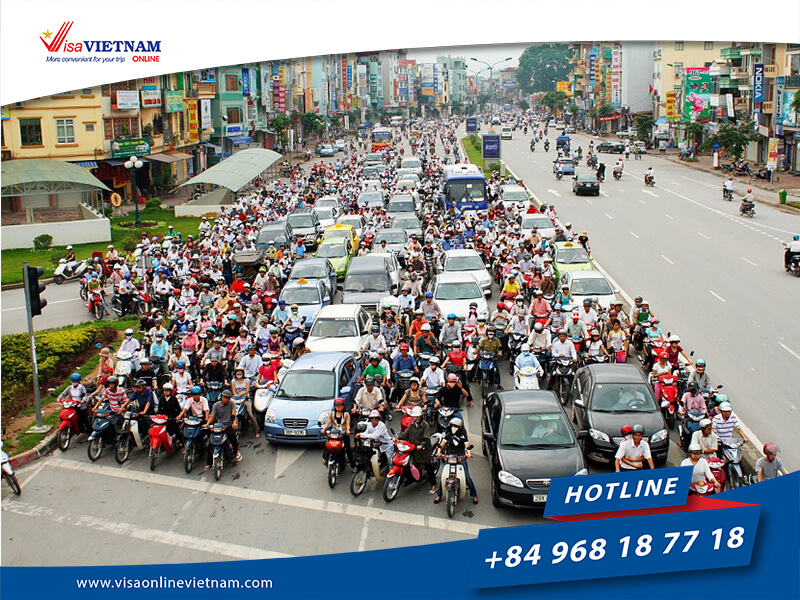
Criminal Penalties: Persons violating Vietnamese laws, even unknowingly, may be expelled, arrested, or imprisoned. Penalties for possessing, using, or trafficking in illegal drugs in Vietnam are severe, and convicted offenders can expect long jail sentences and heavy fines, or even the death penalty. In Vietnam, you may be taken in for questioning if you do not have proper ID, such as a passport or a copy of your visa. In Vietnam, driving under the influence of alcohol resulting in a fatal accident could lead to immediate imprisonment. If you break local laws in Vietnam, your U.S. passport will not help you avoid arrest or prosecution.
There are also some things that might be legal Vietnam, but are still illegal in the United States. You can be prosecuted in the United States for engaging in sexual conduct with children or for using or disseminating child pornography in a foreign country regardless of the legality of these activities under the host country’s laws. Counterfeit and pirated goods are illegal in the United States and if you purchase them in a foreign country, you may be breaking local law as well.
Arrest Notification in Vietnam: To ensure that the United States is aware of your circumstances, request that the police and prison officials notify the nearest U.S. embassy or consulate as soon as you are arrested or detained overseas and continue to make the request until you are seen by a U.S. official. Historically, there have been delays in notification by the Vietnamese authorities to the U.S. Embassy or Consulate General and the granting of access by the Vietnamese authorities for a Consular Officer to visit detained U.S. citizens.
Dual Nationality: Dual nationality is accepted by the Vietnamese government in some, but not all, circumstances. As of July 1, 2009, Vietnamese citizens who acquire foreign nationality can maintain Vietnamese nationality, provided they follow the proper procedures. However, dual nationals should be aware that Vietnam recognizes their Vietnamese citizenship as primary before others. In such cases, the U.S. Embassy and Consulate General may be limited in the consular services we are able to provide.
Work Authorization: The Government of Vietnam maintains strict laws with respect to foreign workers. U.S. citizens planning to work in Vietnam should make sure that they are in full compliance with Vietnamese regulations. Penalties can be severe and include deportation, fines, or detention.
U.S. citizens who also hold Vietnamese citizenship, and who are currently residing in Vietnam, may wish to contact local authorities and/or seek competent legal advice on how local laws may affect their status. For detailed information on Vietnamese nationality law and other legal issues visit the Embassy of Vietnam website.
Teaching English: We advise those considering accepting an English teaching job in Vietnam to carefully review the terms of the contract regarding working and living conditions and to ask for references from person familiar with the institution, especially former U.S. citizen employees.
Hotels: Hotels in Vietnam require you to present your passport (and visas, if issued separately) upon check-in so that your stay can be registered with local police. Every guest in a hotel room must be registered, regardless of nationality. If you stay at a private residence (i.e. at the residence of family or friends), you must comply with registration requirements by visiting the local police station and registering your stay within 24 hours. Some provinces allow registration online.
Exports: Vietnamese law prohibits the export of antiques. However, these laws are vague and unevenly enforced. Customs authorities may inspect and seize your antiques without compensating you, and the determination of what is an “antique” can be arbitrary. If you purchase non-antique items of value, you should retain receipts and confirmation from shop owners and/or the Ministry of Culture and the Customs Department to prevent seizure when you leave the country.
Imports: Vietnamese authorities have seized documents, audio and video tapes, compact discs, literature, and personal letters they deem to be pornographic or political in nature, or intended for religious or political proselytizing. It is illegal to import weapons, ammunition, explosives, military equipment and tools (including uniforms), narcotics, drugs, toxic chemicals, pornographic and subversive materials, firecrackers, or children’s toys that have “negative effects on personality development, social order, and security.”
For up to date information on Vietnam Customs information, please visit the Vietnam Customs website.
Speech: The Government of Vietnam maintains strict control over all forms of political speech, particularly dissent or speech it deems as critical of the government and/or party. U.S. citizens have been detained, tried, and convicted for political activities (including criticizing the government or its domestic/foreign policies or advocating alternatives to Communist Party rule), possession of political material, and non-sanctioned religious activities (including proselytizing). Authorities have also detained U.S. citizens for posting messages on blogs or online chatrooms that are political or critical of the government. U.S. citizens of Vietnamese descent should be especially careful with their online postings.
Association with Groups: Persons whom the Government of Vietnam perceives to be associated with dissident or political groups may be denied entry to Vietnam, prevented from departing, detained, interrogated, placed under surveillance, or even tried and convicted. Note that if arrested, you could be subject to lengthy detention without access to an attorney or family members. U.S. citizens of Vietnamese descent should be especially careful about associating with dissident groups. U.S. citizen travelers have been summoned by immigration or local security officials for reasons that are unclear or not explicitly related to any suspected or alleged violation of law. We recommend that U.S. citizens finding themselves in this situation contact the U.S. Embassy or Consulate General immediately for further information and/or assistance.
Photography: Taking photographs of anything that could be perceived as being of military or security interest may result in questioning by authorities, fines, or delayed travel. You should be cautious when traveling near military bases and avoid photography in these areas.
Disputes: The Vietnamese government has occasionally seized the passports and blocked the departure of foreigners involved in commercial disputes. U.S. citizens whose passports have been seized by Vietnamese authorities should contact the Embassy or Consulate General for assistance.
Civil Procedures: Civil procedures in Vietnam, such as marriage, divorce, documenting the birth of a child, and issuance of death certificates, are highly bureaucratic and can be slow. Please contact the Vietnamese Embassy in Washington, D.C., or the Vietnamese Consulate General in San Francisco or Houston concerning documentary requirements for these services. Enforcement of civil orders is frequently difficult or non-existent.
LGBT Rights: There are no legal restrictions on same-sex sexual relations or the organization of LGBT events in Vietnam. For more detailed information about LGBT rights in Vietnam, you may review the State Department’s annual Country Reports on Human Rights Practices. For further information on Lesbian, Gay, Bisexual and Transgender (LGBT) travel, please read our LGBT Travel Information page.
Accessibility: There are few public places and public transportation that are accessible to persons with disabilities. Sidewalks, curb ramps, restrooms, road crossings, and tourist areas are not equipped to assist such individuals. A 2010 law required construction and major renovations of new government and large public buildings to include access for persons with disabilities, but enforcement is sporadic. New, modern buildings and facilities in larger urban cities are regularly being built with ramps and accessible entryways.
Traffic and transportation in Vietnam
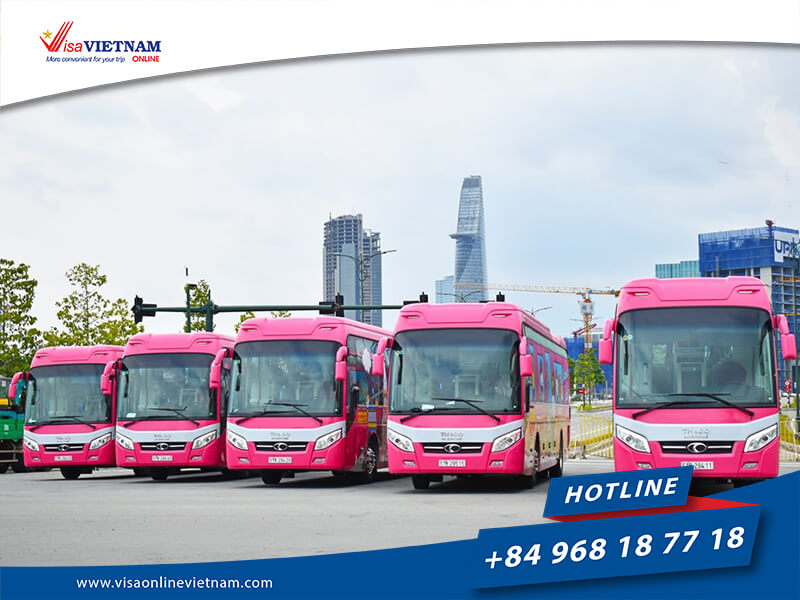
Traffic Safety and Road Conditions: Traffic in Vietnam is chaotic and undisciplined. Buses and trucks can often be overloaded and travel at high speeds with little regard to other modes of road transportation. You can travel around city by motorbike, taxi, or walking. From province to province, you can take many express bus with high quality, by train or by plane.
If you do choose to operate a motorcycle or scooter in Vietnam, wear a helmet and always yield to larger vehicles. A motorbike license is required to operate a motorcycle or scooter in Vietnam. Motor scooter drivers without a license can be held criminally liable for injuries to or death of a victim in an accident, and you may be held in custody for an extended period of time without the ability to speak to family or a lawyer during the investigation.
Pedestrians should always look carefully in both directions before crossing streets, even when using a marked crosswalk with a green “walk” light illuminated or when crossing what is believed to be a one-way street. When walking on sidewalks, be mindful of scooters that may be behind you. Vietnamese commonly drive their scooters on sidewalks.
Because the United States is not a party to the Convention on Road Traffic, international driving permits and U.S. drivers’ licenses are not valid in Vietnam. Foreigners renting vehicles risk fines, prosecution, and/or imprisonment for driving without a Vietnamese license endorsed for the appropriate vehicle. If you wish to drive in Vietnam, contact the Provincial Public Transportation Service of the Vietnamese Department of Communications and Transport to obtain a Vietnamese driver’s license.
Public transportation: Bus system: While Vietnam does have an extensive bus system, buses can be overcrowded and are often driven with little or no regard for passenger safety.
For-hire vehicles: Major taxi companies tend to be reliable. Occasionally boutique taxi companies have rigged meters, particularly on routes to and from the international airports. Areas outside of large cities typically have only rudimentary public transportation and often do not have metered taxis. Travelers are advised to use caution in these situations.
Smartphone-based for-hire vehicle services: GrabTaxi and local taxi companies are readily available, accessible via Smartphone apps, and actively utilized by foreigners and locals.
For additional travel information
Enroll in the Smart Traveler Enrollment Program (STEP) to receive security messages and make it easier to locate you in an emergency.
See the State Department’s travel website for the Worldwide Caution and Travel Advisories.
***
www.VisaOnlineVietnam.com is operated by VIETNAM VISA SERVICE., Co. LTD VIETNAM with more than 18-years experience in visa service and 20-year in traveling arrangement. This website was set up to offer visa applicants the most convenient but cheapest services that meet the criteria of Quality, Safe and Secure; Reliability, Prompt Responses, Competitive Prices, and Customer-Focused Approach; save your time & money; Money back guarantees for declined applications.
In case there are any question, please do not hesitate to contact us at
- Hotline: +84 968 18 77 18
- WhatsApp: +84 – 982 879718
- Email: [email protected]
- Fanpage: https://www.facebook.com/visaonlinevietnamcom/

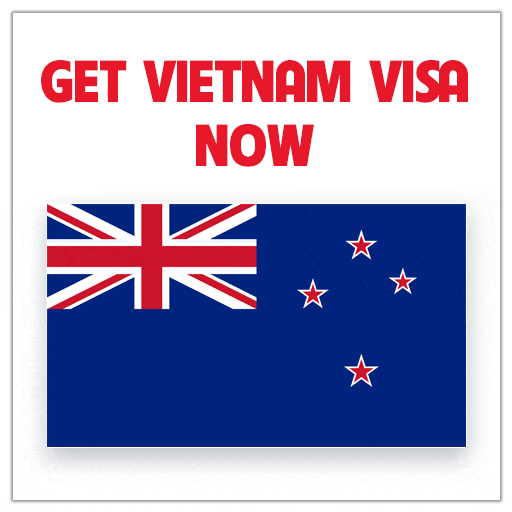
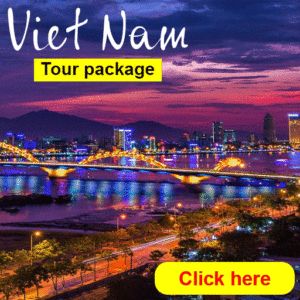
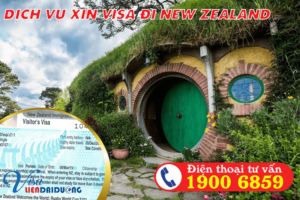
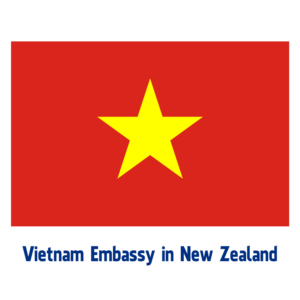

Good morning we are a party of 5 about to book a motorcycle tour of North Vietnam with a tour company called “Ride Expeditions” . The motorbikes are all road bikes over 50cc. We all have full New Zealand car and Motorcycle Licenses but we understand that NZ licenses are not valid in Vietnam. Is there a way we can overcome this? Is an international license acceptable?
I would value your help.
Thankyou
Wayne Lee